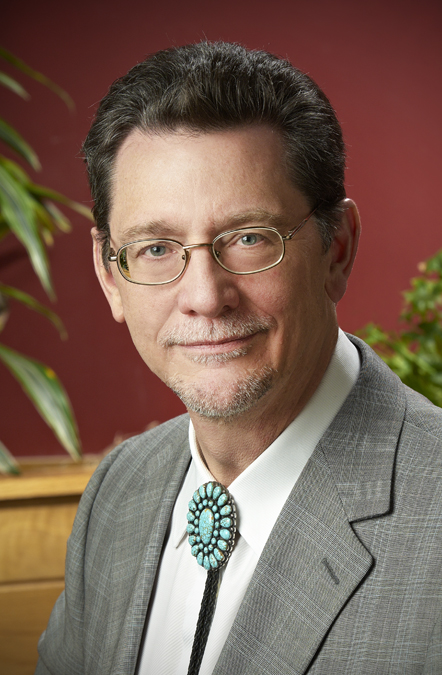ARCHIVED: NOT AVAILABLE FOR CREDIT
Non-Invasive Prenatal Testing (NIPT) using Cell-Free Fetal DNA for Prenatal Assessment
This video lecture will review the use of cell-free DNA (cfDNA) from maternal plasma to assess the risk of fetal aneuploidy, and explain the biology of cfDNA and the technology used for non-invasive prenatal testing (NIPT). Since 2011, NIPT has changed the workup of patients with abnormal traditional screens and patients with high baseline risks. The presentation will conclude by assessing the impact of NIPT uptake rates on traditional serum screening and amniotic fluid test volumes.
Originally presented on December 18, 2014, in Salt Lake City, Utah.
Lecture Presenter
 | Edward R. Ashwood, MD President and CEO |
Dr. Ashwood is the president and chief executive officer at ARUP and a tenured professor of pathology at the University of Utah School of Medicine. Dr. Ashwood joined ARUP in 1985. He received his MD from the University of Colorado and completed a laboratory medicine residency in clinical pathology at the University of Washington. He is board certified in clinical and chemical pathology, and his research interests include the clinical chemistry of pregnancy. He is the co-editor of the Tietz Textbook of Clinical Chemistry and Molecular Diagnostics, Tietz Fundamentals of Clinical Chemistry, and Fundamentals of Molecular Diagnostics.
Objectives
After this presentation, participants will be able to:
- Describe how circulating cell-free DNA in maternal plasma is a mixture of maternal and placental DNA, and how ccfDNA can be tested to determine the risk of fetal aneuploidy.
- Discuss the effect of fetal fraction of ccfDNA on the ‘no-call’ rate.
- Following an abnormal traditional serum screen, recommend the optimal follow-up test.
- Discuss the impact of cell-free DNA testing on the evolution of maternal serum testing, both confirmatory testing and general population screening.
Sponsored by:
University of Utah School of Medicine, Department of Pathology, and ARUP Laboratories
 Site Search
Site Search

